Anxiety
Anxiety is an emotional response to something fearful: a fear that something bad is going to happen and you won’t be able to cope. Symptoms may involve racing heartbeat, sweating, rapid breathing, blushing - typical of the 'fight or flight' response. It can be triggered by many different situations and a common but unhelpful strategy is to avoid such situations. But that can be very restricting, and anyway you can't always anticipate when you may be faced with an anxiety-provoking situation.
Anxiety covers a wider range of issues, from social anxiety (e.g. public speaking, meeting new people, job interviews), exam anxiety, performance anxiety (sport, sex), fears and phobias (e.g. fear of heights, flying, animals) to generalised anxiety disorder (GAD) - worry and worry about worry (e.g. hypochondria); eco-anxiety (worry about the state of the planet, climate crisis, biodiversity extinction etc and sense of helplessness/hopelessness) - and panic attacks/panic disorder (often a fear of something more serious like a heart attack or unable to breath).
Mindfulness, relaxation skills training and desensitisation using imaginal exposure - with and without hypnosis - are common and proven cognitive behavioural techniques I use to treat anxiety and panic attacks. Panic attacks can often be treated surprisingly easily once you understand how they work. I find CBH (including Acceptance and Commitment Therapy - ACT - techniques) can be especially helpful in addressing the challenges associated with ADD/ADHD (attention deficit disorder/attention deficit hyperactivity disorder), e.g. difficulty focusing attention, disorganisation and procrastination; and for anxiety and worry around academic deadlines/exams or key milestones, or fears about the future generally. e.g. careers, or the consequences of environmental degradation and climate change.
See blog posts on Social anxiety, Procrastination, Eco-anxiety and Celebrating uncertainty

